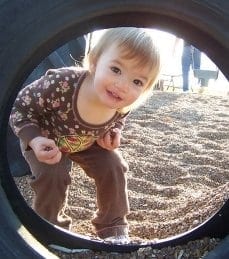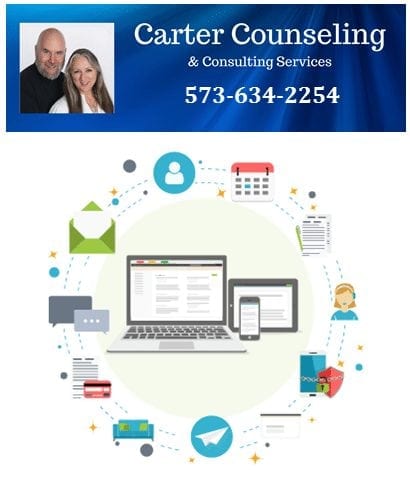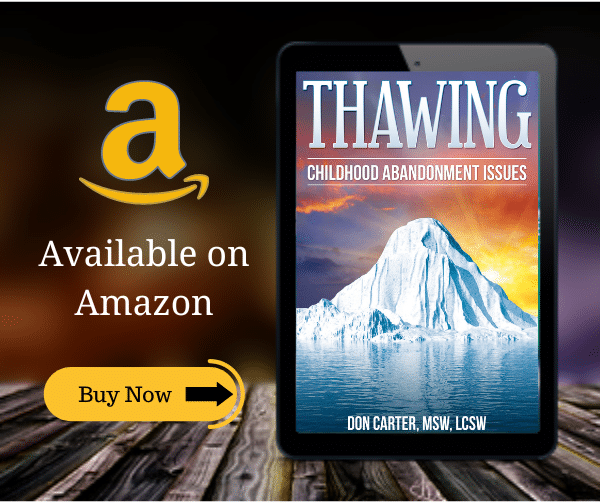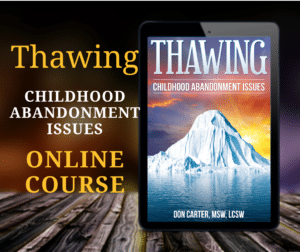
Stages of Child Development Toddler
Autonomy vs. Shame/Doubt – 2-3 years old
Toddler; aka the Anal Stage
Early stages of child development toddler stage included. This human development stage is where we begin to form a separate sense of self and also influences our initial attitudes and abilities regarding boundary-setting, independence, curiosity, imagination, and willingness to explore.

Just as infancy involves a healthy co-dependence, entrance into the toddler and pre-schooler stages of child development mark the beginning of a healthy counter-dependence. Well-known as the “terrible two’s”, this is the time when the child discovers the abilities to say no and to use anger as a means getting what it wants.
Allowing and even encouraging this bid for independence while maintaining a good balance with parental authority will be the major factor in the outcome of this stage.
Knowing when to let them win and choosing your battles wisely are two skills that will come in handy. There is a strong feeling of ambivalence in this stage — the toddler does not tolerate mother being out of sight for long, yet they desire more independence. As they move further away they will often turn around to make sure mom is still there.
If a parent does not allow any exploration of the limits in an accepting and non-judgmental way the child begins to develop a sense of shame due to their frustrated need to separate. They then begin to experience excessive self-doubt, which is present to some degree anyway.
Eventually, they can give up trying to gain autonomy and remain needy. This can provide reassurance to the parent that needs to be needed and she can foster more of the same. On the other hand, if they are given blanket approval for everything they do the child can develop what’s often referred to as “spoiled child syndrome”. Later on these kids really have trouble hearing and accepting the word ‘No’.
In all stages of child development children are natural-born limit-testers. They will push… and push… and push the limits until someone steps in and says “No”. Just as they will seek approval and attention, kids seek discipline when there is not enough of it — If they don’t get enough healthy discipline they can develop a false sense of entitlement.
Many veteran parents can relate to a time when they have firmly said “No” and re-enforced it with a timeout or other form of discipline. When this happens the toddler seems to instantly change from rebellious and defiant to warm and cuddly as if some need has been satisfied — because it has. When children don’t know where the limits are they can begin to feel unsafe. Testing the limits and experiencing the appropriate reaction of their parents they can feel safe again — as if at some level they get the message “when I can’t stop myself, someone will be there to stop me”.
Self-Assessment
Unmet needs in each of the stages of child development can be observed in present-day symptoms. For each of the following statements assign a rank between 10 (High) and 1 (Low).
- ___ I find it difficult to say no to people.
- ___ When I do say no, I say it abruptly or stubbornly because I fear their rejection.
- ___ I do not say no to those I am close to because I think they won’t like me.
- ___ I do not say no to my significant other because I am afraid they will go away and not come back.
- ___ When making plans with friends, I tend to agree with whatever they say or suggest.
- ___ If I ask someone to do something for me and am told no, I feel shame that I even asked.
- ___ I am afraid to assert myself at work. I may get fired or my boss might say no.
- ___ If my partner, family member, or friend is angry, I assume I have done something wrong.
- ___ I feel embarrassed if I’m with someone who makes a scene in public. I assume others will think less of me.
- ___ I feel smothered if someone gets too close.
- ___ If a friend calls and is feeling low I feel inadequate if I cannot do something to cheer my friend up.
- ___ I don’t say anything if my partner, family member, or friend uses something of mine that I don’t want them to use.
- ___ If a friend from out-of-town calls and wants to stay at my house, I say yes even if it’s inconvenient for me.
- ___ If I need a quiet evening at home and a friend calls in need of company, I will still agree to get together.
- ___ If my boss asks me to work late, I say yes, even if I have other plans.
- ___ If I asked someone to do something for me and they tell me no, I feel resentful.
- ___ I get very angry when I don’t get my way
If you find significant symptoms here, you may benefit from Don’s Thawing Childhood Abandonment Issues Online Course





